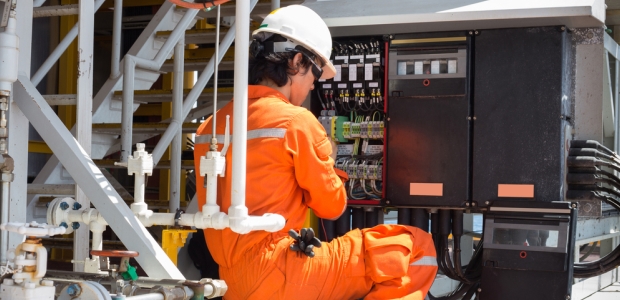Course Details
Your Growth, Our Mission

Course Description
The Training Course Will Highlight ?
Training Objective
Target Audience
Training Methods
This interactive Training will be highly interactive, with opportunities to advance your opinions and ideas and will include;
- Lectures
- Workshop & Work Presentation
- Case Studies and Practical Exercise
- Videos and General Discussions
Daily Agenda
THE TECHNOLOGY OF ELECTRICAL EQUIPMENT
Definitions and descriptions of electrical equipment used in industrial applications including:
Source Equipment – transformers
- power supplies (UPS)
- batteries
- generators
Switching Equipment – switchgear
- motor control centre (MCC)
- disconnects
- contactors
- overload relays
- starters
- neutral ground resistors (NGR)
Control Equipment – variable frequency drives (VFD)
- programmable logic controllers (PLC)
- distributed control systems (DCS)
- power monitoring and control
- relays and timers
- limit switches
- temperature switches
- pressure switches
- level switches
- speed switches
- vibration switches
- safety and shutdown switches
- motor/feeder protective devices
Load Equipment – motors (AC induction, asynchronous, DC)
- heaters
- solenoids
- valve actuators
- signaling and alarm devices
TROUBLESHOOTING APPLICABLE TO THE ABOVE LIST
- methods
- terminology
- principles
- special techniques
TEST EQUIPMENT
- digital volt meter (DVM)
- oscilloscope or oscillograph
- megger
- hi-pot tester
- frequency meter
- ammeter (inline, clamp-on)
- power meter (watt, VAR)
- current transformer
- specialised equipment
TYPICAL PROBLEMS/FAILURES
- common mode failures
- phase imbalance
- contact pitting/arcing
- electronic control component failure
- blown fusing
- damaged windings
- worn bearings
- damaged brushes
- burnt ballasts
- damaged excitation circuits
- battery cell failure
- inverter/rectifier failure
- high voltage bushing failure
- switch failure
- ground fault
TYPICAL TROUBLESHOOTING JOB PLAN DEVELOPMENT
- identify troubleshooting step sequence
- prepare procedures
- documentation
- follow-up
- regulatory requirements
- training
TYPICAL ELECTRICAL DRAWINGS AND SYMBOLS
- single line
- control wiring
- distribution
- symbols
Electrical Awareness and Safety
- Electrical safety documents
- Electrical safety rules
- Electrical areas
Accreditation
BTS attendance certificate will be issued to all attendees completing a minimum of 80% of the total course duration.
Quick Enquiry
Request Info
Related Courses
Your Growth, Our Mission

